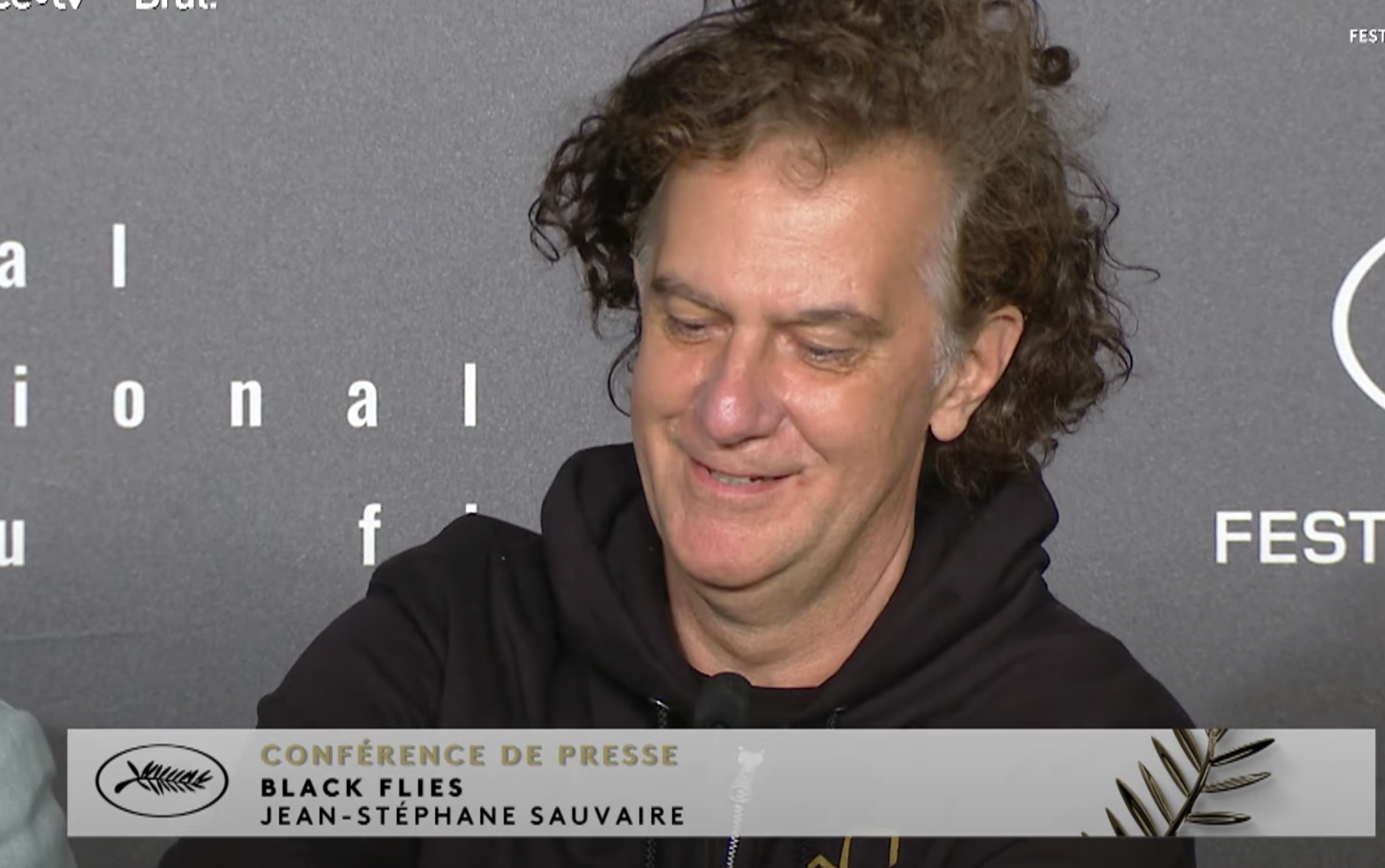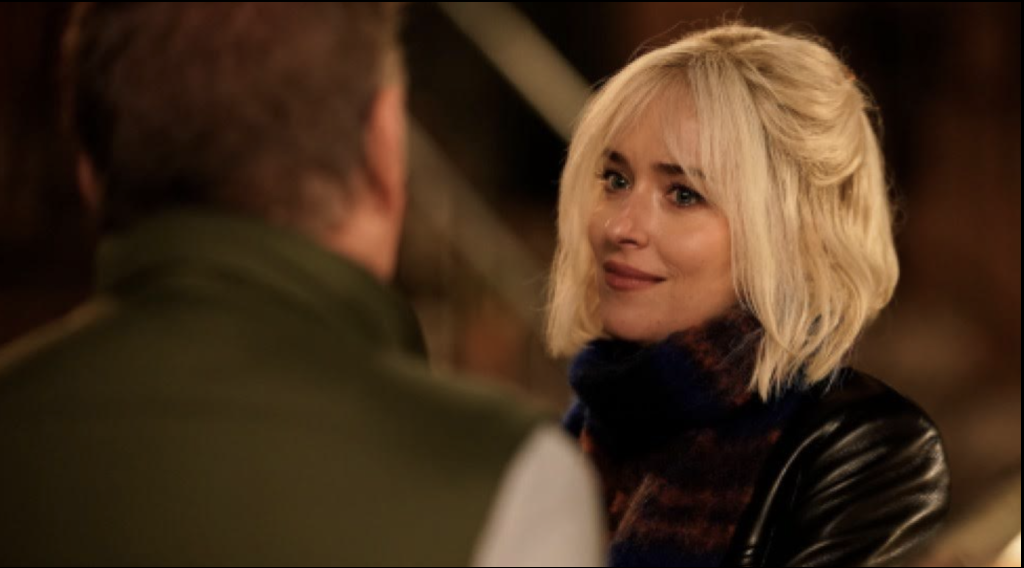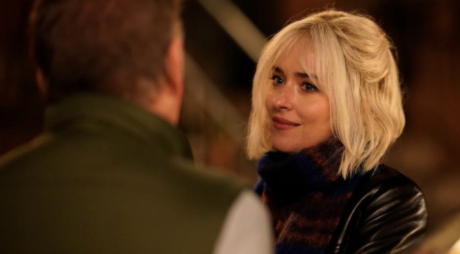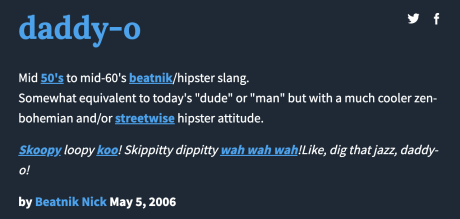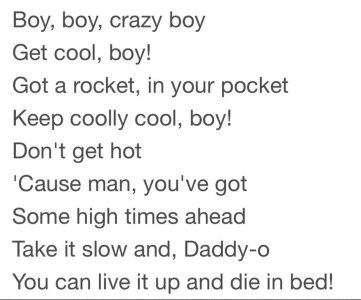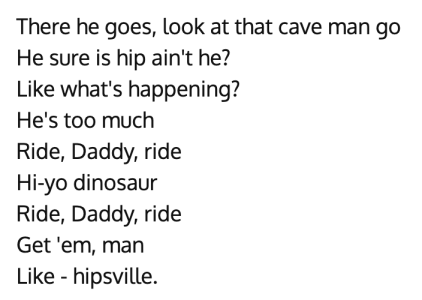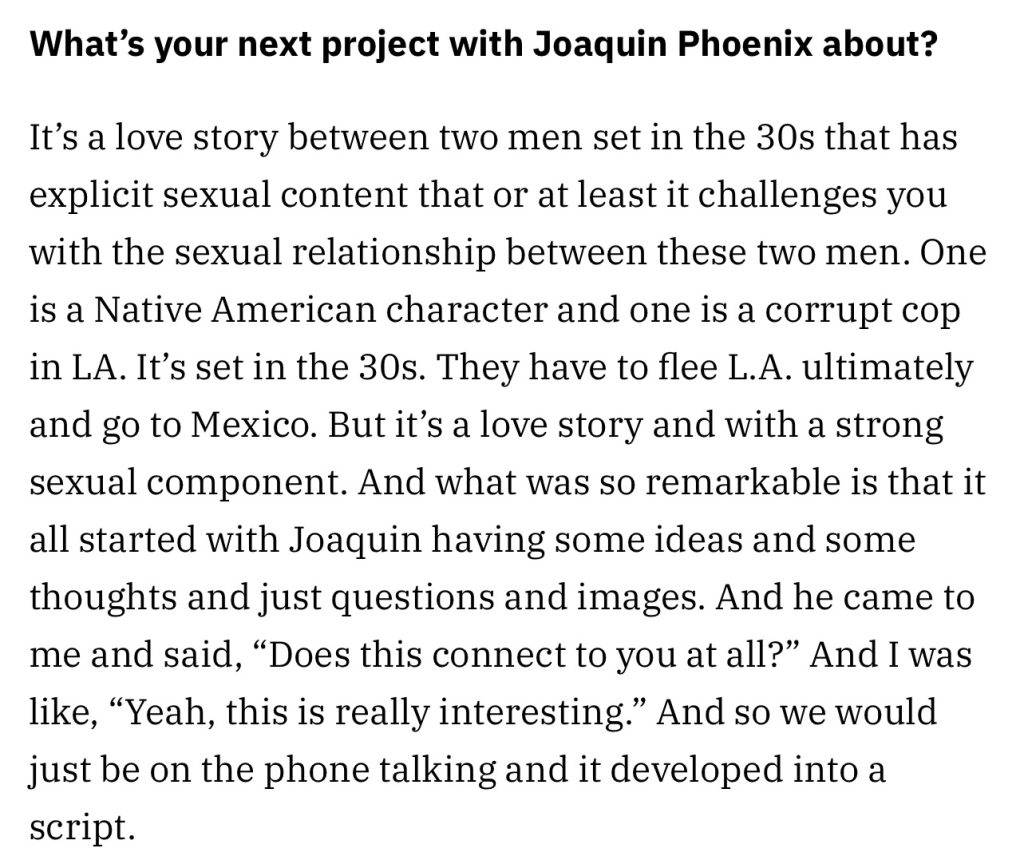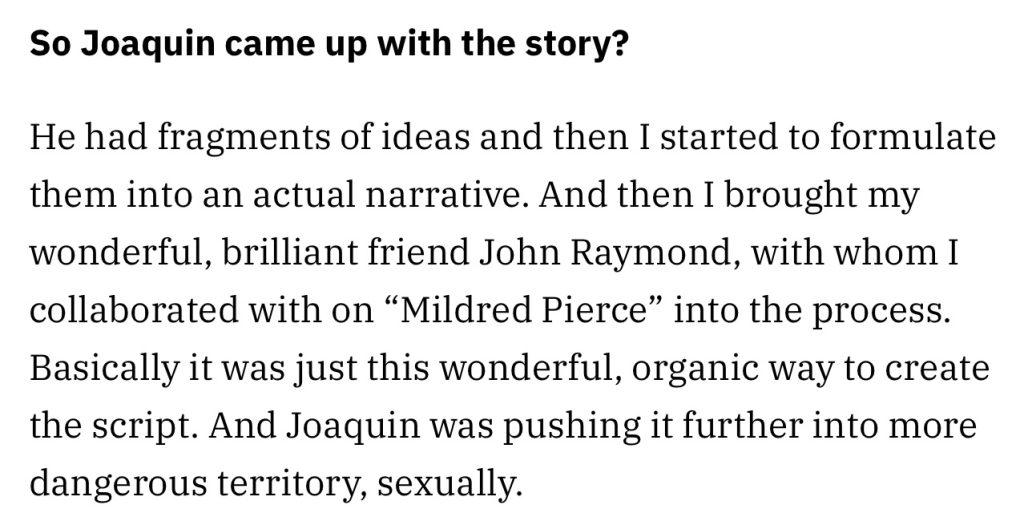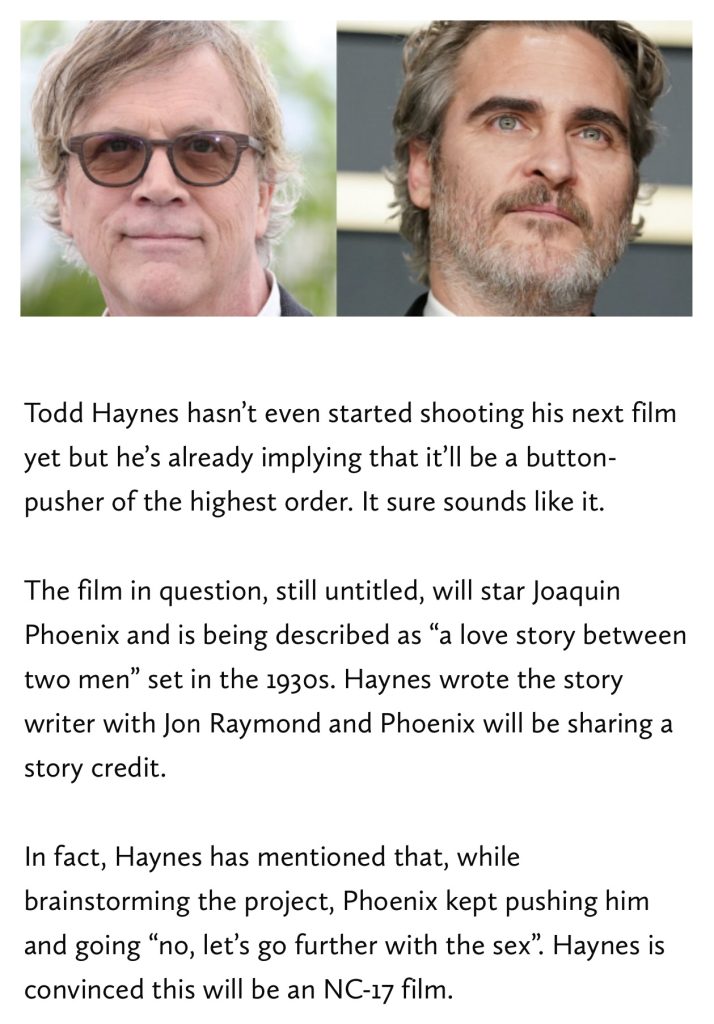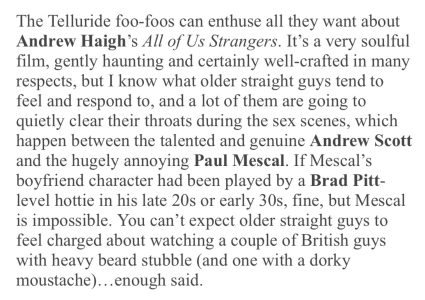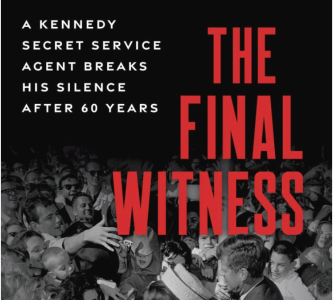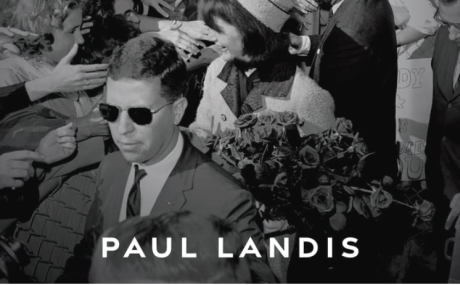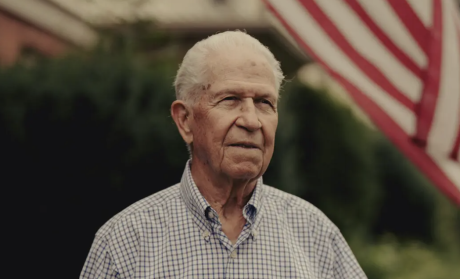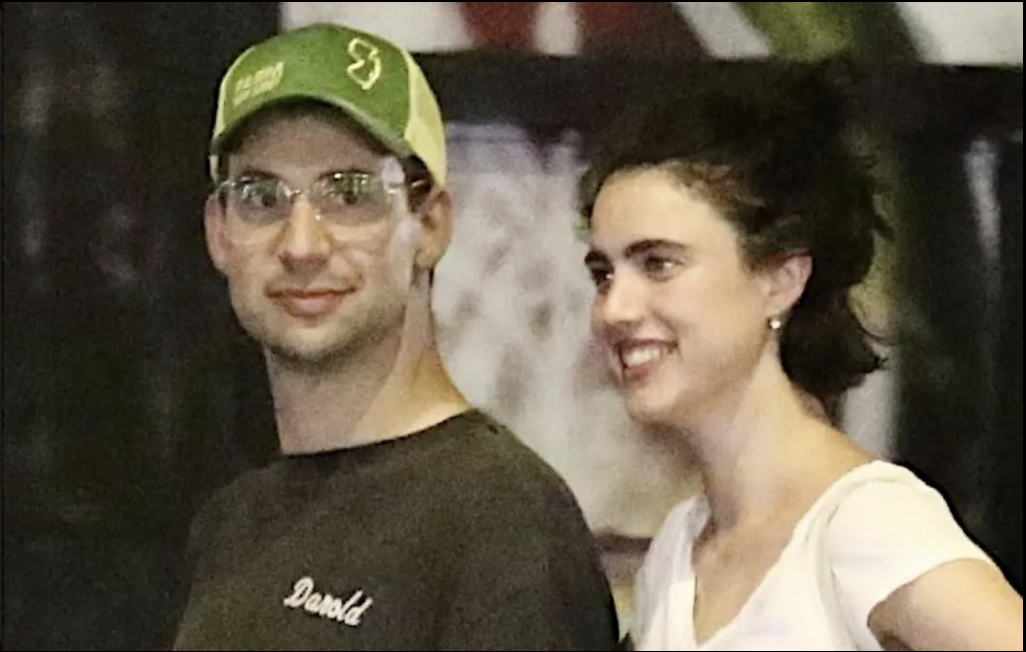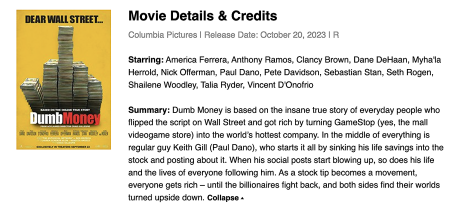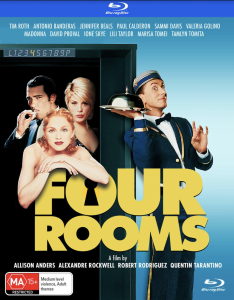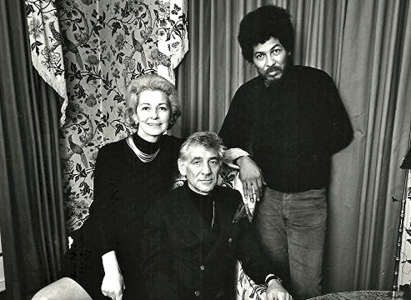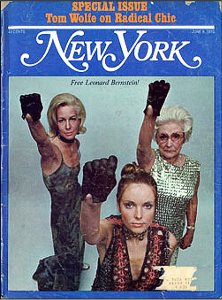Woody Allen‘s Celebrity (’98) was indifferently reviewed and proved a commercial bust ($12 million budget, $5.1 million in ticket sales). But at least it provided the last glimpses of the young (24) and slender and floppy-maned Leo, two years after Romeo + Juliet and immediately post-Titanic, and the 22- or 23-year-old Charlize Theron, post-Devil’s Advocate, pre-Mighty Joe Young (’98) and five years before her Oscar-winning turn in Monster (’03).
As HE reader “Mark” said a few years ago, “Leo’s last foray at being young, beautiful and still knowable, and Charlize fully in control of all her powers for the first time.”
Posted on 10.21.20: I admired several things about Celebrity. Sven Nykivst‘s beautiful black-and-white cinematography, of course. I occasionally felt amused and invigorated by Leonardo DiCaprio‘s manic superstar behavior (partly his character as written, partly drawing from his own post-Titanic popularity). Donald Trump‘s droll little cameo about tearing down St. Patrick’s Cathedral offers a decent chuckle. A lot of stuff works. Woody keeps trying and trying.
I was never bored and was somewhat taken with the flavor of Allen’s screenplay (i.e, forlorn acidity), and everyone loved the last shot. But otherwise Celebrity is less than masterful.
If only Woody had taken Kenneth Branagh aside before shooting and said, “You’ve obviously developed a half-decent imitation of my way of speaking — I respect that, it’s pretty good — but play this role as yourself. Use your own British accent. Playing me is too on the nose, critics won’t like it for that, and I wouldn’t blame them.”
This in itself would’ve improved things considerably.
The other problem is the deflating drift of the thing…the downswirl feeling, the repetitive moralizing, etc. Branagh’s Lee Simon could be wry and sharp and self-aware in a fleeting, in-and-out way, but it was clear within the first 20 or 30 minutes that he was also overly anxious, obsequious and stricken with a lack of self-awareness.
After a while you knew the film had no intention of doing anything more than making sure that Lee Simon wasn’t going to experience an epiphany of any kind…a breakthrough wasn’t in the cards
Todd McCarthy called the film “a once-over-lightly rehash of mostly stale Allen themes and motifs,” and noted that “the spectacle of Branagh and Judy Davis doing over-the-top Woody impersonations creates a neurotic energy meltdown…Branagh is simply embarrassing as he flails, stammers and gesticulates in a manner that suggests a direct imitation of Allen himself…Celebrity has a hastily conceived, patchwork feel that is occasionally leavened by some lively supporting turns and the presence of so many attractive people onscreen.”
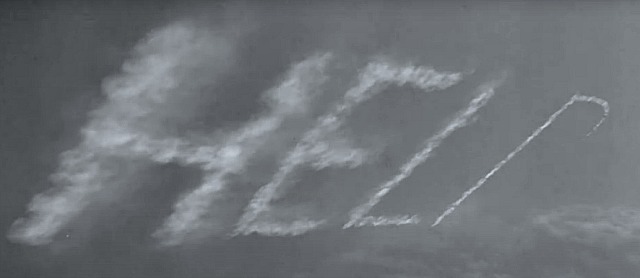
By the way: The second syllable in Peter Biskind‘s last name is not, of course, pronounced like the second syllable in David Susskind‘s name.

